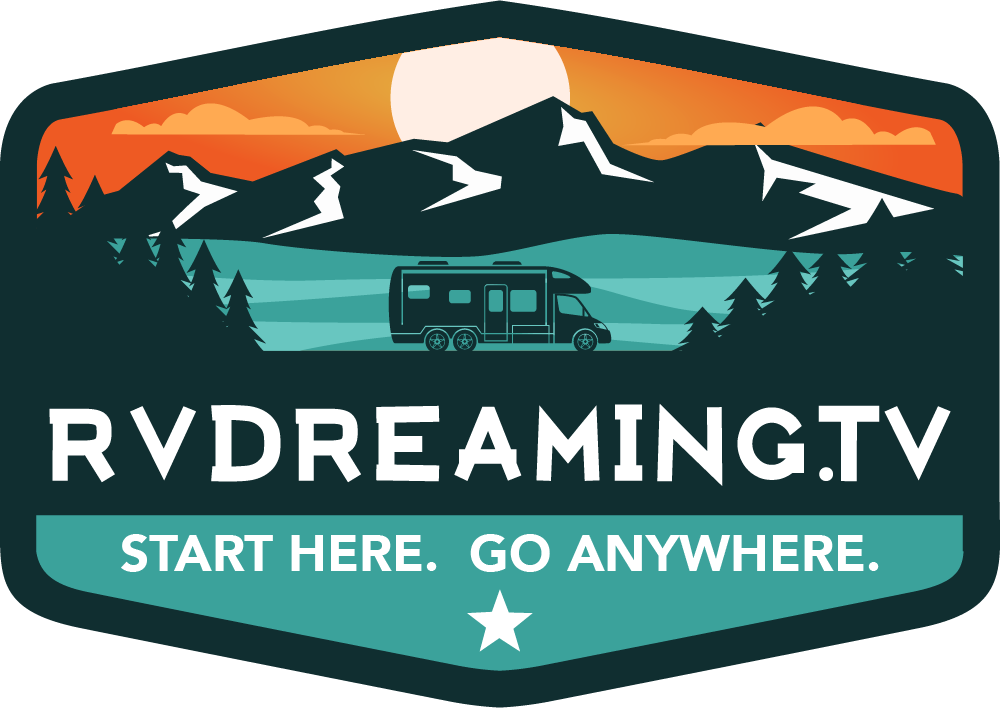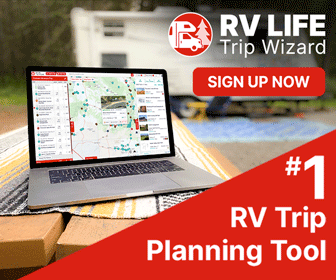
Living in an RV full-time can be a rewarding and exciting experience, but it is not for everyone.
It requires a certain level of flexibility, adaptability, and self-sufficiency. This can be challenging to adjust to the unique lifestyle and limitations of RV living.
In this article, we will explore some of the top reasons why living in an RV full-time may not be the right choice.
We will go in-depth on the lack of privacy, the constant struggle to find a place to park, the limited space and storage, the difficulty of maintenance and expenses, and much more.
It is important to be fully informed and prepared before making a decision. Whether you are making the switch or you are curious about the challenges and rewards of this unique lifestyle, i
Key Takeaways
- Living in an RV full-time requires a high level of flexibility and adaptability.
- RV living can be challenging due to issues such as the lack of privacy, limited space and storage, and difficulty in maintaining the rig.
- RV living may not be suitable for everyone due to the expense, limited amenities and resources, and the constant struggle to find a place to park.
The Lack of Privacy in an RV
Living in an RV can be a very different experience than living in a traditional home or apartment. One of the main differences is the lack of privacy that comes with living in such a small space. With thin walls and shared living areas, it can be difficult to find a moment to yourself or to have any sense of privacy when living in an RV full-time.
This lack of privacy can be especially challenging for families with young children or for those who work from home.
Some ways to address this issue include using earplugs or headphones to block out noise. You can also try setting boundaries within the RV to create a sense of privacy within the limited space.
The Limited Space and Storage in an RV
One of the biggest challenges of living in an RV full-time is the limited space and storage available. RVs are designed to be compact and efficient, which means that there is often not enough room to store all of your possessions.
This can be frustrating if you have a lot of stuff you need to keep for work or hobbies. In addition, the limited space in an RV can make it difficult to move around comfortably or to host visitors.
Some ways to address this issue might include decluttering and getting rid of unnecessary items. Using storage solutions like bins or baskets to maximize space. Be creative with the limited space that you do have.
The Difficulty of Keeping Up With Personal Hygiene and Grooming
Maintaining personal hygiene and grooming can be a challenge when living in an RV full-time.
With limited space and resources, it can be difficult to find a place to store all of your hygiene and grooming supplies. It can be even harder to find a private space to take care of your personal grooming needs. This can be especially challenging for those who need to shave or apply makeup on a daily basis.
Some ways to address this issue include investing in portable grooming tools like an electric razor or a travel-sized makeup kit. Find ways to create a private space within the RV for personal grooming tasks. The travel section of your favorite department store will be your new best friend.
The Risk of Breakdowns and Other Mechanical Issues
Living in an RV full-time means that you are constantly on the move, and this can put a lot of wear and tear on your vehicle. It is not uncommon for RVs to experience mechanical issues or breakdowns, which can be costly and inconvenient to fix.
These issues can be especially frustrating if you are in a remote location or if you are on a tight schedule.
To minimize the risk of breakdowns and other mechanical issues,
it is important to regularly maintain and service your RV. Keep an emergency kit on hand in case of any unexpected issues.
The Lack of Security in an RV
RVs, especially smaller ones, can be easy targets for thieves and vandals. It can be difficult to secure your possessions and personal belongings when living in an RV full-time. This lack of security can be a major concern for many people.
In addition, RVs are often parked in less-than-desirable locations, which can further increase the risk of break-ins. To address this, take steps to secure your RV and its contents. Installing security cameras and alarms, and being aware of your surroundings when you are parked.
The Struggle to Stay Comfortable in Extreme Weather Conditions
RVs are usually not designed to withstand extreme weather conditions. Living in one full-time can be a struggle in areas with extreme heat or cold.
It can be difficult to keep an RV comfortable in hot or cold weather. This can be especially challenging if you are in an area with extreme temperature fluctuations.
In addition, RVs are often not equipped with features like central heating and air conditioning. This can make it difficult to maintain a comfortable temperature inside the vehicle.
Some ways to address this include installing additional insulation or window coverings. This will help keep the temperature inside the RV more stable. Try investing in portable heating and cooling units to use when needed.
It is also important to be aware of the weather forecast and to plan your travels accordingly. Work to avoid extreme weather conditions whenever possible.
The Constant Struggle to Find a Place to Park
One of the biggest challenges of living in an RV full-time is finding a place to park. RVs are not always welcome in traditional residential neighborhoods. This can be difficult to find a safe and convenient place to park. This can be more challenging if you are in a city or traveling with limited RV parking options.
Some ways to address this issue include researching and planning ahead to find RV-friendly parking options,. Try joining membership organizations that offer access to RV parks and campgrounds. Also, getting to know the local laws and regulations regarding RV parking.
The Limited Amenities and Resources
Living in an RV means that you have to do without many amenities you may be used to. This can include things like a full-size kitchen, a laundry room, or a dedicated workspace.
It can be challenging to find a place to do laundry, cook meals, or get work done. This can be especially frustrating if you are on the road for long periods of time.
In addition, RVs often do not have access to the same resources as traditional homes, such as large refrigerators or freezers, high-speed internet or cable television.
This can make it difficult to stay connected and to access the entertainment and information that you need.
Some ways to address these issues might include finding RV parks and campgrounds that offer laundry facilities and other amenities.
Using portable appliances and cooking tools to make the most of the limited space in your RV. Consider investing in a mobile internet hotspot or Starlink to stay connected while on the road.
The Lack of a Permanent Home Base
Living in an RV full-time means that you do not have a permanent home base. This can be disorienting and unsettling for some people. It can make it difficult to establish a sense of community or to build relationships with others.
In addition, the lack of a permanent home base can make it challenging to receive mail or access important documents. It can also make it difficult to maintain a sense of stability or to plan for the future.
To address these issues, it is important to establish a mail-forwarding service and to find ways to stay connected to your personal and professional networks while on the road.
It may also be helpful to set aside some time each week or month to stay in one place and establish a temporary home base, even if it is just for a short period of time.

















Trackbacks/Pingbacks